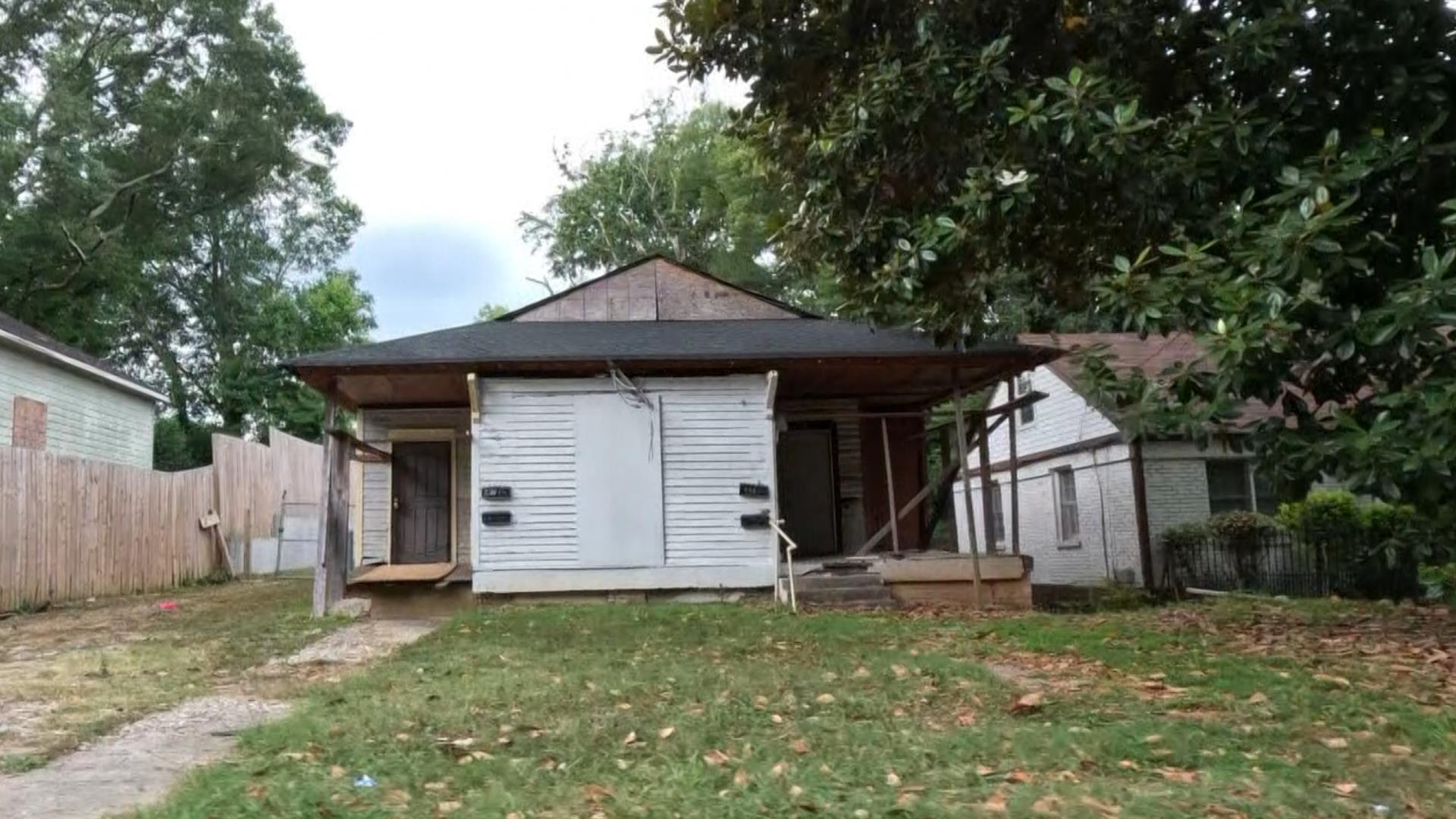ATLANTA — Atlanta has a new tax that aims at holding homeowners accountable for vacant and neglected homes.
Atlanta City Council approved the ordinance on Monday. The ordinance, dubbed a "blight tax," targets blighted homes, affronting owners with a property tax rate 25 times higher than the average. Officials said the effort helps crack down on corporations leaving properties vacant and in terrible conditions in gentrifying neighborhoods.
The hope is that this tax will be used as a tool to help preserve an authentic Atlanta and put a stop to the disinvestment of neighborhoods, District 3 City Councilmember Byron Amos, who sponsored the measure, said.
Communities such as Atlanta's Westside.
English Avenue community resident Thelma Reneau, affectionally known as Mrs. Thelma, said this area has always been her home.
"I was born and raised here, and it has so many memories," she said. "I am at the age now where I just want peace."
Even though her community has become revitalized, Mrs. Thelma said blighted homes are still visible on every block and believes that sometimes it's by design.
"We don't really know who owns what," she said.
Amos explained that sometimes those owners are not local members of the community.
"Now we're beginning to see blighted homes actually belonging to corporations, actually belonging to people who have the means to do something about the property but just decided not to," he said.
Westside Future Fund is a philanthropic nonprofit that repurposes and develops blighted and abandoned homes in the Westside. They flip these homes into affordable housing.
CEO John Ahmann said sometimes corporations scoop up these neglected homes in hopes of turning a profit.
"So if you bought it for a relatively low price, then your incentive, because you're cash out of pocket in any given year, is not that high," Ahmann explained.
That's why Amos believes some sort of consequence can help hold these corporations accountable. Citing an amendment that Georgia voters approved in 2002 to the state Constitution, Amos said Atlanta is empowered to find a way to make up funds lost to vacant, uninhabited homes and neglectful, absent property owners.
And the concept of a blight tax is not new.
The City of Forest Park has a similar ordinance. Beyond Georgia, major cities such as San Francisco, Baltimore, Oakland and Washington D.C. also utilize such measures.
Amos carefully outlined that Atlanta's tax is for uninhabited homes and will not impact seniors. He said Atlanta's essence is found in its community, and this is a tool to help preserve it.
Mrs. Thelma's longtime home was renovated through the Westside Future Fund. As she watches her neighborhood change, she's encouraging community members to get involved.
"You need to let the people know you are here," she said. "If you don't say anything, you don't get nothing."
Atlanta's ordinance goes into effect January 1. Property owners of blighted homes have until the rest of the year to meet expectations in order to avoid the tax increase next year.

